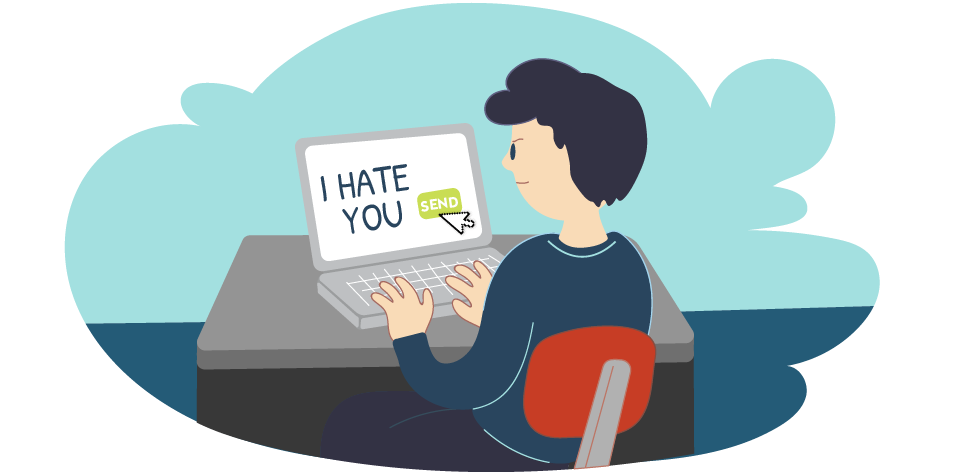Children who cyberbully
Cyberbullying is the use of technology to intentionally hurt another person in ...
READ MEEverybody has a role to play in helping kids understand what’s ok and not ok online

We all have a role to play in keeping kids safe online. Cyberbullying can have serious consequences for the children involved, as well as their families and friends.
“I’ve talked to my kids about healthy, respectful relationships online and how important it is to treat others online as you would want to be treated” – Parent of a 9 & 13 year old
An important element of having healthy, positive relationships online and offline is respect for others and oneself.
Part of being a responsible digital citizen is understanding what respectful relationships are and applying this when we’re online. It’s important to teach kids to treat people online in the same way they would treat somebody face to face.
Showing respect for others means behaving in ways that show you care about what the other person thinks and feels. How can kids show respect for others?
Understanding that things online can be easily misunderstood and sometimes it’s more helpful to say it in person or not at all
Being able to say ‘no’ to things they don’t want to do and respecting when somebody tells them ‘no’
Not calling people names or swearing at others
Thinking about what the other person might feel before posting/sending a message
Recognising when they’re upset or angry and finding healthy ways to express it
Being kind and caring by posting/sending positive messages
Understanding that everybody is different and that’s ok
Not saying mean things to someone that doesn’t agree with them
Avoid posting/sending a message in the heat of the moment when they're upset or angry
Ask people before sharing/sending photos or videos of them
Talk often about their friendships online and offline, and anything that might be troubling them.
Encourage them to call Kids Helpline and talk to a counsellor if they need extra support. They can also start a WebChat or send us an email today.
For parenting support, call Parentline in your State or Territory for more guidance and strategies.
You could also visit the eSafety website to find out more about cyberbullying and what you can do.
Children who cyberbully
Cyberbullying is the use of technology to intentionally hurt another person in ...
READ MESocial media and safety
Using social media is a regular part of life for most young ...
READ MECyberbullying
With increasing time spent online, you might be worried about your child ...
READ MEHow Parentline can help you
Parenting can be a tough job but also really rewarding. Talking to ...
READ METalking helps! We’re here for you.
No problem is too big or too small.
We're here 24 hours a day, 7 days a week